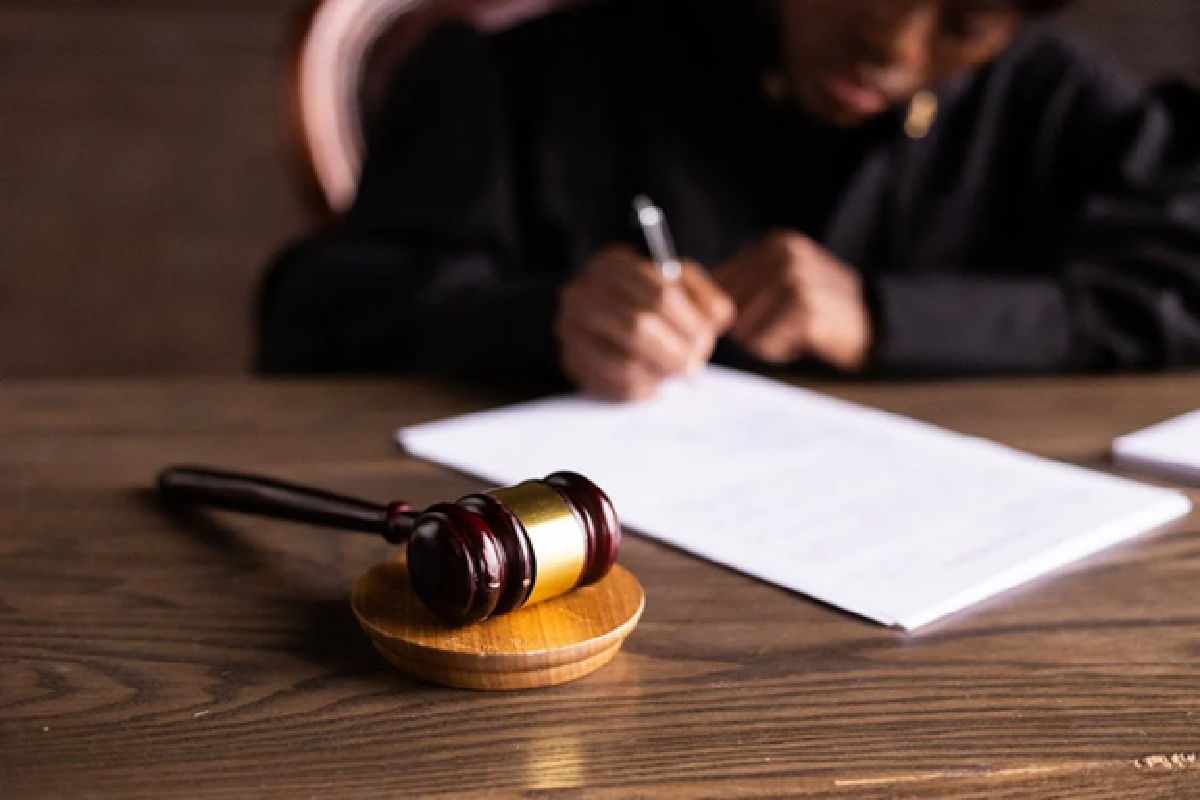Contents of this Post
ToggleThe era of connectivity and globalization necessitates protecting intellectual property (IP) worldwide more than ever. With companies venturing abroad, protecting your IP is becoming ever increasingly challenging with numerous laws, rules, and laws of enforcement in numerous countries. In this article, we will cover best approaches for protecting your IP in an international marketplace, protecting your innovations, brands, and works regardless of your geographical location of operations.
Learn about the International Laws of IP
The initial move towards understanding trademark law is getting to know laws in countries in your region of operations. Laws protecting your IP vary, with countries providing effective protecting and countries with less effective tools for enforcement. Get to know international conventions such as the Paris Convention and the Madrid Protocol, simplifying patents and trademark registrations in numerous countries at one go. With such information, your IP plan will become country specific for individual countries.
Global Registration of Your IP
To protect your IP, first, register your property in your target countries. Patents, trademarks, and copyright registrations in target countries must first be pursued. As international conventions ease your work, individual country registrations will at times require compliance for full security. Consult your country’s IP lawyers for compliance with your region’s requirements. Active registration not only fortifies your position in court but will discourage future offenders from taking your property for granted.
Monitoring for Infringement
Vigilance is paramount in protecting IP rights. Check regularly for misuse, such as counterfeit items, misuse of a trademark, or use of a patented technology with impunity. Use web tools, marketplace monitoring, and third-party service providers to monitor for misuse of your IP. An early detection of misuse enables an early response, minimizing your financial and brand loss.
Taking Action Legally
Deal with infringement firmly when it happens. Solutions range from cease and desist letters, negotiation, and lawsuits. In some nations, administration actions, such as customs seizures, can prove effective. Engage in-country legal professionals for complex international cases of IP enforcement. Lawsuits can cost a lot, but sometimes a strong stand must be taken in order to protect your rights and set a precedent for future cases.
Harnessing Technology for Protecting IP
Technology is a powerful tool for global IP enforcement. For instance, blockchain can produce unalterable proofs of title, and AI tools can monitor for counterfeits in real-time. Online platforms enable quick contact with legal professionals and governments anywhere in the globe. Adopting such technology can make it easier for you to monitor and protect IP effectively.
Building Strategic Alliances
Collaboration with in-country governments, industries, and international groups can make your IP protection even easier. Alliances provide access to financing, expertise, and networks that can counteract theft of your IP. Engage customs agencies to intercept counterfeit goods at borders, protecting your brand integrity.
Educating Stakeholders
Educating employees, partners, and customers about protecting IP is paramount. Public awareness programs will discourage innocent infringement and instill a culture of respect for IP rights. By educating your constituencies, you form a strong coalition for fighting abuse of IP.
IP protection in an international marketplace is a multi-dimensional problem with a multi-faceted issue, and a planned and proactive approach is imperative. With a thorough grasp of international trademark law, leveraging technology, and forming alliances, companies must undertake careful measures for protecting their innovations and brands. By acting in a proactive and adaptable manner, you can safeguard your IP assets and have long-term success in an emerging, competitive, and interconnected marketplace.

